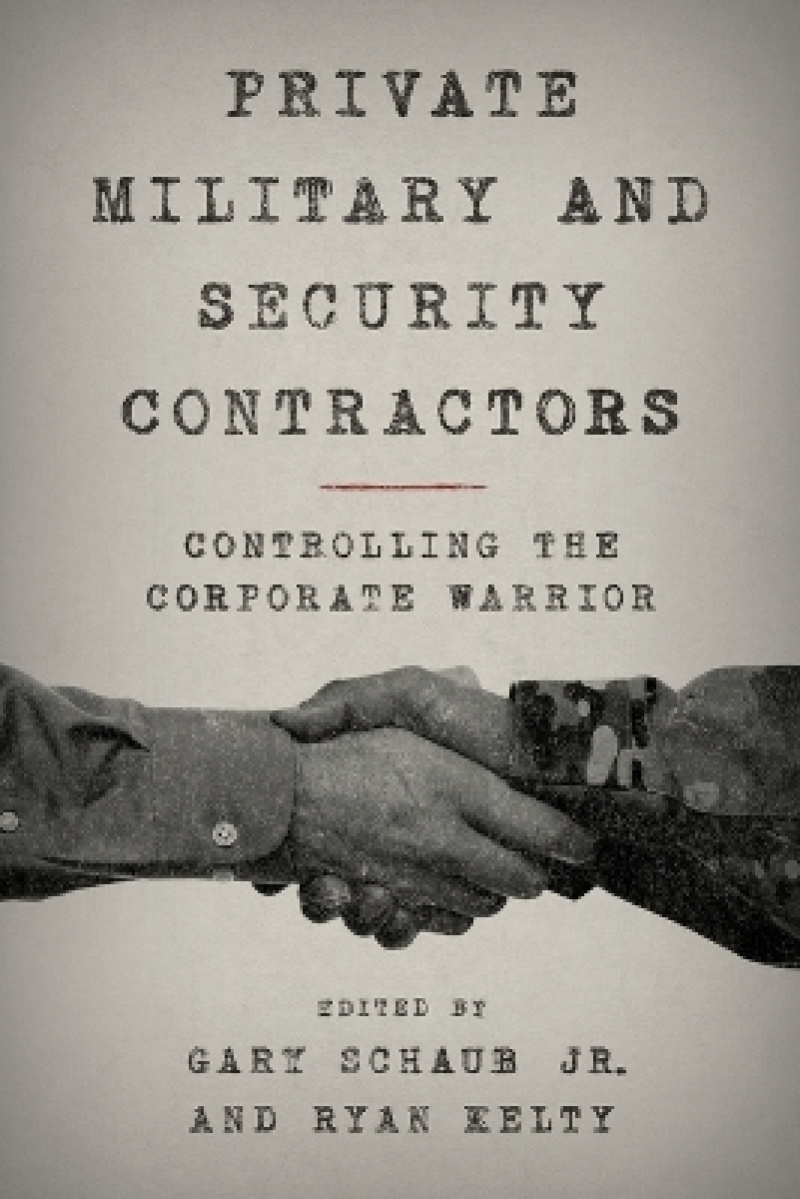[P]rovides a rich, coherent, detailed, multifaceted and multi-level investigation of the pressing problem of PMSCs control.... [I]t should be recommended.
Defence Studies
With its geographic range and convincing arguments, this work is impressive and highly relevant. The contributors collectively establish the importance of private military contractors, with ongoing concerns about the ability of states to maintain control. I recommend this authoritative book to both academic and general audiences.
- Patrick James, University of Southern California,
With its geographic range and convincing arguments, this work is impressive and highly relevant. The contributors collectively establish the importance of private military contractors, with ongoing concerns about the ability of states to maintain control. I recommend this authoritative book to both academic and general audiences.
- Irina Goldenberg, Secretary General of ERGOMAS (European Research Group on Military and Society),
Even as we struggle to understand the range of issues created by Private Military and Security Companies, political and economic realities ensure they will be present in almost every modern conflict. This volume will help policy makers, academics, and practitioners come to grips with the key issues.
- T. X. Hammes, distinguished research fellow, NDU,
This is a masterful and much-needed fresh look at the thorniest real-world issues associated with private military and security contractors. The authors take a global perspective, and their analysis is superbly sourced and even-handed. This is very obviously a “must have” for any serious defense analyst or policymaker in government, industry, or academia.
- Charles J. Dunlap Jr., Maj Gen, USAF (Ret.), executive director, Center on Law, Ethics and National Security, Duke University School of Law,
